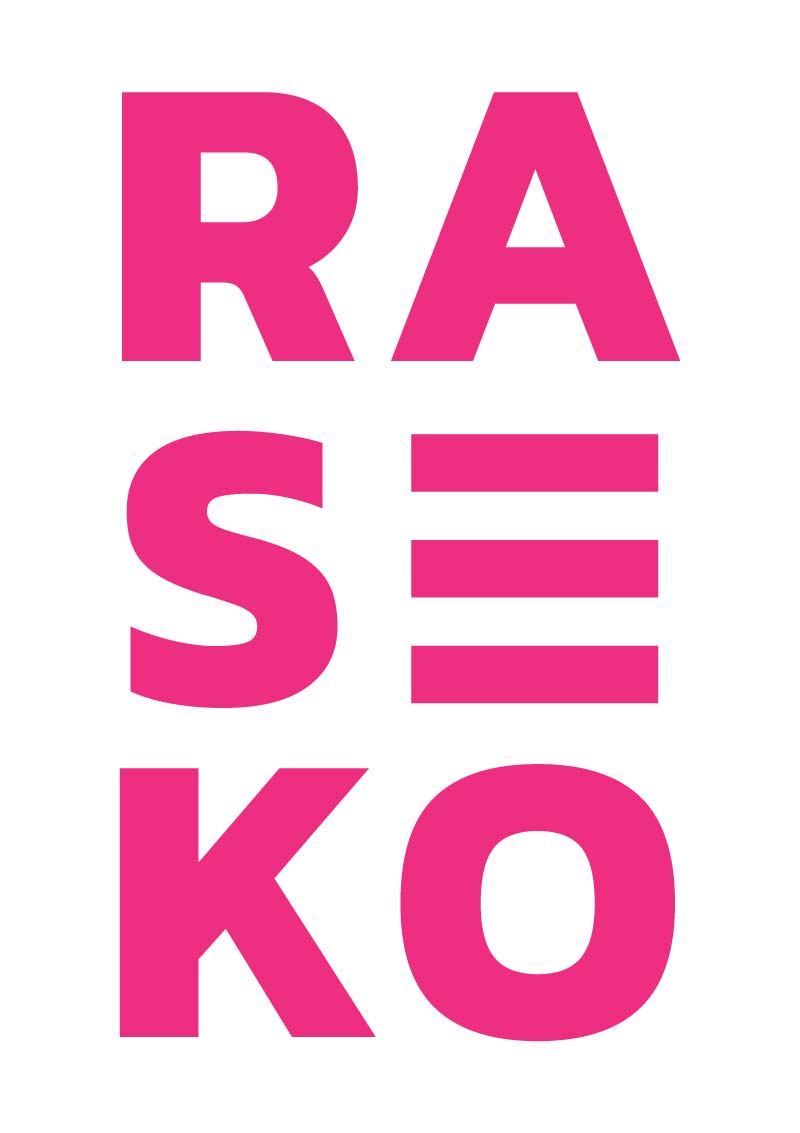NeurodiversityPower – Through peer support to new insights

Duration of the project
Source of funding
Central Finland Centre for Economic Development, Transport and the Environment
ESR+

Total funding
476 245 €
The main objective of the NeurodiversityPower project is to increase empowerment, self-identification and inclusion of the target group through peer-to-peer knowledge and activities and education. Through peer knowledge and experience, the project will develop community-based methods to support the employment of neurodiverse job seekers and strengthen employers’ knowledge and skills on neurodiversity and the benefits of increasing it. The ultimate goal is to help neurotypical people to find employment or a training place that supports their strengths.
ADHD, autism spectrum disorder or learning disabilities challenge the employability of the adult population. According to a Swedish study, young adults with ADHD are 70% more likely to be long-term unemployed compared to the general population, and almost 40% of working-age adults with ADHD have been long-term unemployed at least once. According to the Autism Society, between 10% and 25% of adults with autism spectrum disorder are in employment. People with neurodevelopmental disorders feel that their strengths and challenges do not always fit the job description of a neurotypical worker and the challenges of the disorder cause stigma. While neurotypicality is a challenge to employment, it brings much-needed diversity to the workplace.
There has been an increased focus on diversity in workplaces, but not on neurodiversity. Neuro-neurotypicality has been found to cause employers to be suspicious of a worker’s ability to work. Research recommends measures to influence employers’ awareness and attitudes. With the right information, suspicion can be reduced and the threshold for hiring a neurotypical person can be lowered.
The main objective of the NeurodiversityPower project is to increase empowerment, self-identification and inclusion of the target group through peer-to-peer information and activities and education. Through peer knowledge and experience, the project will develop community-based methods to support the employment of neurodiverse job seekers and strengthen employers’ knowledge and skills on neurodiversity and the benefits of increasing it. The ultimate goal is to help neurotypical people find employment or a training place that supports their strengths.
The objectives will be achieved by developing a low-threshold online coaching programme, a peer-to-peer model and cooperation with working life. These services will be developed through the following work packages/sub-projects:
1. Recruitment and peer-to-peer knowledge gathering (responsible organisation Ote sr.)
2. Low-threshold online coaching for neurotypical persons in the employment phase (Responsible organisation Turku University of Applied Sciences)
3. Peer-to-peer model (Responsible organisation Ote sr.)
4. Support for working life (responsible organisation RASEKO)
5. Evaluation of the final results and communication activities (responsible organisation Turku University of Applied Sciences)
The project will result in tools, methods and operational models for identifying and supporting the empowerment of jobseekers with neurodevelopmental disabilities, designed, piloted and further developed in collaboration with peers and project workers. They also aim at increasing the neurodiversity of work communities.
The key outcome is a low-threshold online coaching for neurotypical people, which can be delivered at a time and place that suits them. If a neurotypical jobseeker who has attended the coaching is inspired to further develop his/her skills and career path, he/she can participate in the peer-to-peer model developed during the project, which is a group-based interactive activity. In addition, the project will develop pathways to employment for neuro-atypical people by training pre-employees and job coaches on neurodiversity in work communities. In addition, the project will focus on developing the employability skills of graduating students through peer experience and knowledge.
The long-term effects of the project are increased identification of skills and use of resources, increased activity in job search and training, and increased inclusion and well-being for neuro-atypical jobseekers. In addition, employers and trainees are more aware of neurodiversity, which prevents labour market drop-outs between training and transition to work.
Read more: https://neuromonimuotoisuudenvoima.fi/


Contact us
Partners
- Social Services Foundation Ote sr
- Raisio Regional Consortium of Schools and Colleges
Meet the research team
-
Research teams
Mental Health Promotion
See all our projects
We carry out nearly 200 RDI projects annually together with working life and our international partner networks.

